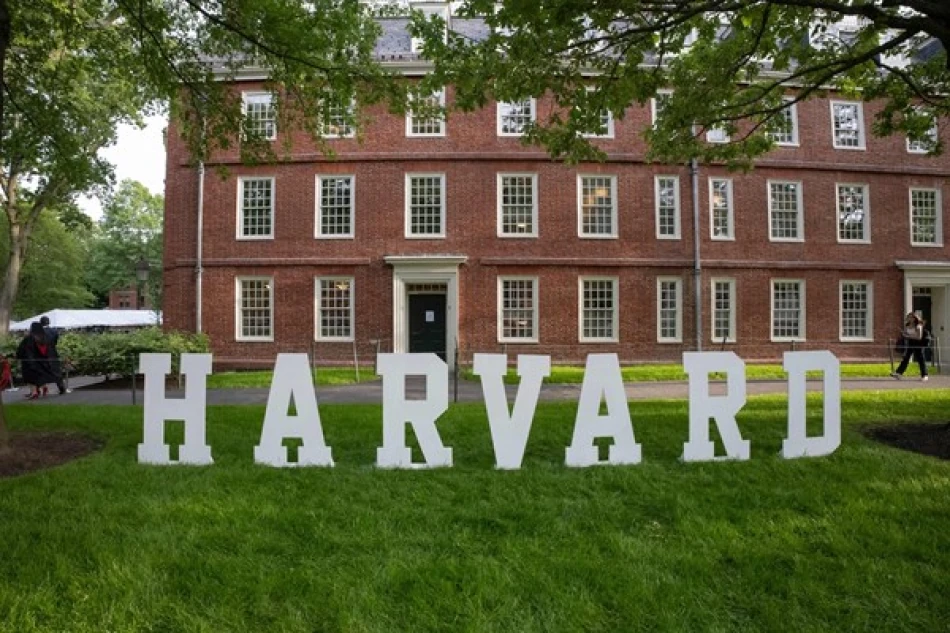
Trump Administration Imposes New Restrictions on Harvard University
Trump Administration Places Harvard Under "Heightened Cash Monitoring" in Unprecedented Federal Funding Crackdown
The Trump administration has imposed stringent financial oversight on Harvard University, requiring the Ivy League institution to front federal student aid payments with its own funds before receiving reimbursement. The Department of Education cited "growing concerns about Harvard's financial position" as justification for the rare punitive measure, which also mandates a $36 million irrevocable letter of credit.
What "Heightened Cash Monitoring" Actually Means
Under the new restrictions, Harvard must use its own treasury to pay federal student aid upfront, then wait for government reimbursement—a cash flow disruption that essentially treats the world's wealthiest university like a financially distressed institution. The Department of Education emphasized that students will continue receiving federal funding, but Harvard now bears the liquidity risk.
The $36 million letter of credit requirement adds another layer of financial burden, forcing Harvard to tie up significant capital or pay banking fees to secure the guarantee. For context, this amount represents a fraction of Harvard's $53 billion endowment, but the administrative and reputational costs extend far beyond the dollar figure.
Targeting Elite Universities: A Pattern Emerges
This action fits within the Trump administration's broader scrutiny of elite higher education institutions, particularly those with substantial endowments. Harvard has faced previous federal pressure over its endowment management and admissions practices, suggesting this financial monitoring may serve as leverage in ongoing policy disputes.
The timing appears strategic, coming amid debates over university tax obligations and calls for wealthy institutions to spend down their endowments more aggressively on student aid and accessibility programs.
Implications for Higher Education Finance
Cash Flow Disruption Strategy
By forcing Harvard to front federal payments, the administration creates operational friction that could influence university behavior beyond financial management. This approach transforms routine federal aid distribution into a compliance tool, potentially setting precedent for pressuring other institutions.
Endowment Politics
The move highlights growing political tensions around university wealth concentration. Harvard's massive endowment—larger than many countries' GDP—has drawn criticism from both parties, with lawmakers questioning why such wealthy institutions receive federal support while maintaining exclusive admission practices.
The financial monitoring effectively creates a "wealth penalty" that could signal broader policy shifts toward means-testing federal support for universities based on endowment size rather than student need alone.
Market and Institutional Response
For Harvard, the immediate financial impact remains minimal given its resources, but the precedent raises concerns across higher education. Other wealthy universities may face similar scrutiny, potentially affecting their federal funding strategies and endowment management approaches.
The measure also demonstrates how federal student aid can become a policy lever, with implications extending beyond education into broader debates about institutional accountability and wealth inequality in American higher education.
Most Viewed News

 Layla Al Mansoori
Layla Al Mansoori






